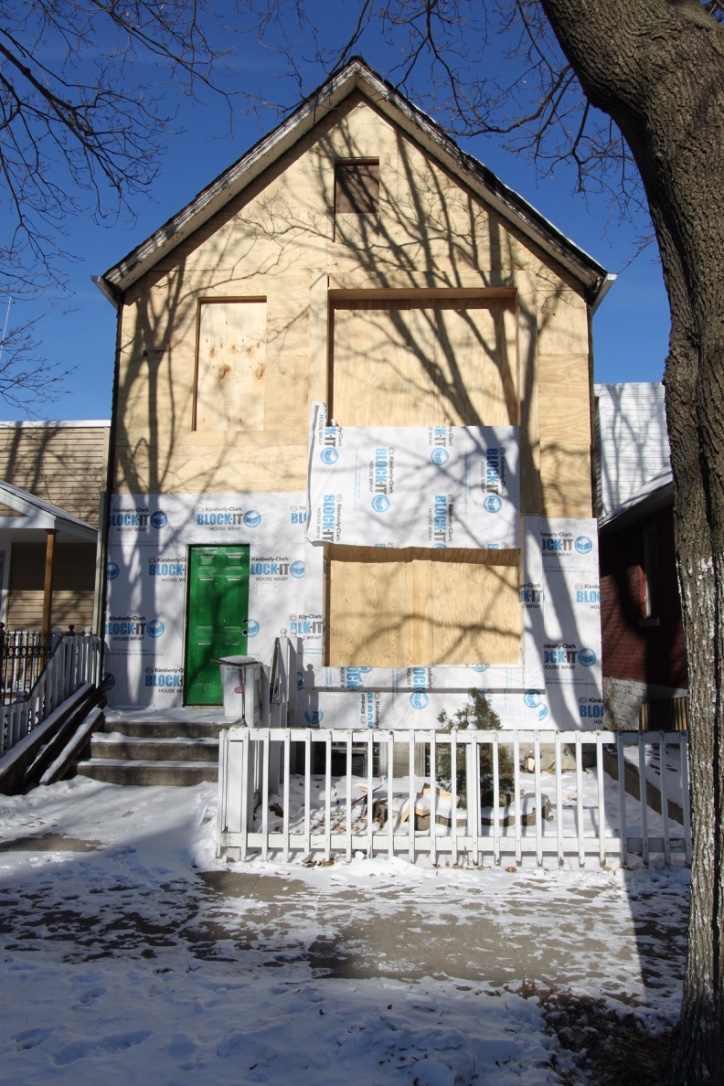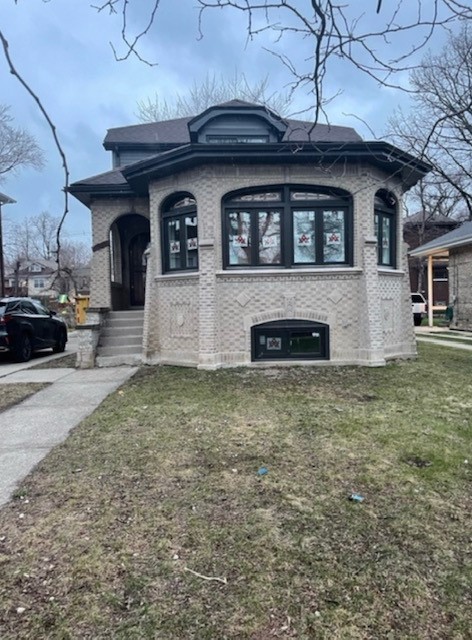As we have been taking a closer look at home renovation projects and the overall process
during the past few months, let’s now look at the FHA 203k home renovation loan that you can
obtain to finance your home renovation project.
Most people are familiar with the FHA 203k home renovation loan as it is a program that is
backed by the Federal Housing Administration. The Federal Housing
Administration (FHA) is a program that has been in place since the 1930s. Their goal is to help
stimulate the housing market by making home loans accessible and affordable. FHA 203k home
renovation loans can be used to acquire and renovate existing properties or refinance and
renovate currently owned properties.
There are two types of FHA 203k home renovation loans. One is known as the Standard 203k
and the other is known as the Limited 203k. For our purposes, we will focus more on the
Standard 203K loan as the Limited 203k program is mostly just used to finance smaller projects
that include cosmetic updates only.
203k home renovation loans include the following benefits:
- On a purchase and/or refinance – One fixed-rate mortgage loan purchase and cost to
complete renovations. - On a refinance – One fixed-rate mortgage loan on an existing mortgage and cost to
complete renovations. - The property MUST be owner occupied for at least 1 year after the home renovations
are completed. A non-occupant co-borrower, such as a parent can be added to the loan
to help qualify. Down payments may be gifts, but borrower cannot have multiple FHA
loans. - A licensed HUD consultant is utilized to oversee the renovations and entire project
meets requirements. - Work must be started on the property within 30 days after the loan is closed and permits
are obtained from the city or village. No lapses of work for more than 30 days and the
project must be completed within 6 months. - Mortgage payments may be financed if the property cannot be occupied during
renovations, if the property has sufficient equity. - There is no minimum loan amount, but the property must pass a high cost test. A
minimum of $5,000 in work must be financed to qualify for this loan program. There are
also no limits on the dollar amount of repairs if the total loan amount is less than the FHA
local county limit. - The property’s renovation must conform to the US Department of Housing and Urban
Development’s (HUD) minimum property standards, local building codes, and no luxury
renovation can be financed.
It is important to note on a 203k renovation loan:
• NO Self Help is allowed
• The borrower CANNOT be the General Contractor
• A family member IS NOT allowed to be the General Contractor
Eligible property types include:
• Single family homes, townhomes, and 2-4 unit properties.
• 3.5% down payment required.
• Loan limits vary by county. To look up your county loan limits, visit
https://entp.hud.gov/idapp/html/hicostlook.cfm
• All properties must have a Certificate of Occupancy in place for at least 1 full year prior
to closing.
• Conversion of multi-unit dwellings increasing or decreasing the total number of units if
zoning allows.
• A complete tear down is allowed if existing foundation remains in place
• 1-4- unit condo buildings only qualify and must have FHA and homeowner association
approval prior to closing.
• Mix-use property can qualify, but renovation can only be completed on the residential
units.
There are several income and loan qualifications that Christine DePeape and her lending team
must follow based on strict FHA guidelines. Finding the best home loan program that fits your
individual home goals and eligibility can be challenging. You don’t have to decide which loan
program best fits your financial needs – Christine and her team are here to assist and analyze
which loan program is right for you.
In the meantime, check out the latest update on our featured Bridgeport home renovation
project. To close out 2017, our general contractors have been busy framing out the walls and
finishing floor joists. Next up in the coming few weeks is to run HVAC, plumbing, electric and
getting ready to dry wall.
With lower minimum credit scores and down payments, FHA loans can be a great option for first time home buyers.
Bankrate.com has created a guide that breaks down every aspect of FHA loans including:
- The differences between conventional mortgages and FHA Loans
- Updated requirements for 2019
- What they can be used for – such as home renovations
Check out their link for more info: https://www.bankrate.com/mortgage/fha-loans/







